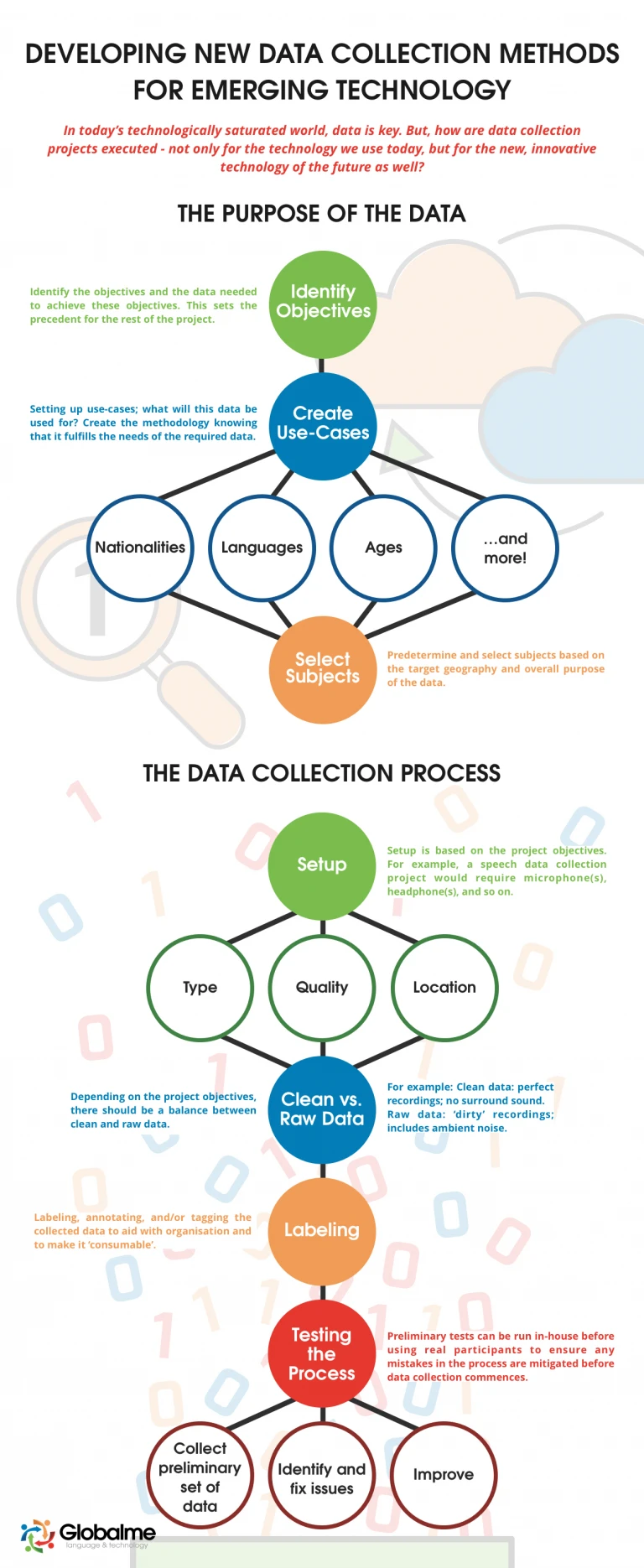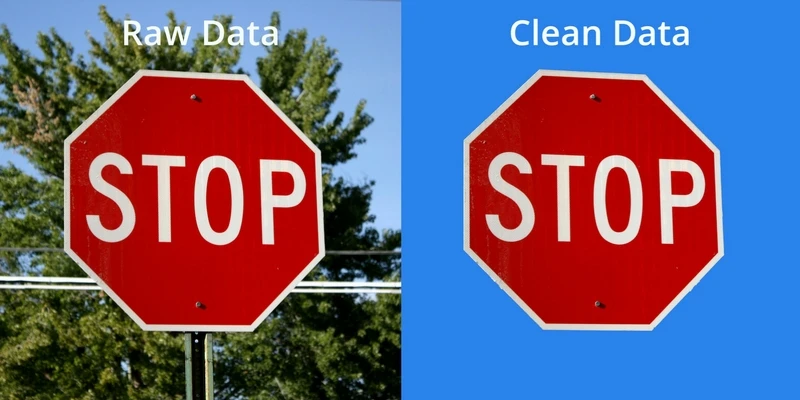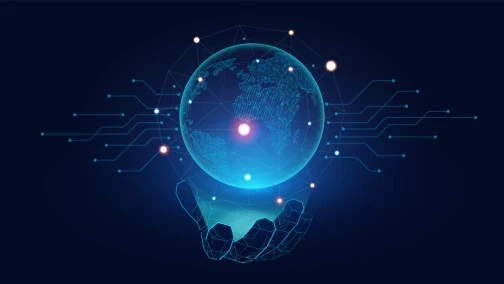How do I develop a data collection method for new, innovative technology?
A good illustration of information collection for emerging technologies now is autonomous auto data collection. The automobile would utilize this information to execute certain activities like assessing the voice orders of passengers, reading road signs, or remaining in a lane.
Developing New Data Collection Methods
The Purpose of the Data
Data collection methods for emerging technologies frequently don’t have any pre-established measures. First, identify the goals and the information necessary to attain these goals.
Identifying Objectives
Is the ability necessary to start? Great old-fashioned teamwork.
By way of instance, the purpose is,” Creating a voice helper utilizing sound information”. 100 users’ music data are gathered with this voice recognition apparatus.
Properly identifying the goals means collecting the ideal data.
Creating Use Cases
As data is collected, much of it requires varying circumstances. This involves emulating test cases and, with human interactive technology, gathering users with varying nationalities, linguistic abilities, ages and genders.
In the event of natural language information collection, you’d allow users to find out the output signal, by just giving them a goal in mind. Now information can be gathered for the actual instances of how different individuals request the very same things in various ways. The house speaker ought to be all set for many different requests.
Selecting Subjects
The information collection should incorporate the proper accents, languages, dialects, and sex ratio dependent on the goal geography.

Collecting the Data
The Setup
Can there be a few? Can you will need to view user gestures? Put the recording apparatus in ways that emulate the true use case of this growing technologies, and gather valuable information.
Clean Data vs Raw Data
Depending on the objectives, there needs to be a balance between clean data and raw data.

Raw data would include things like keeping all of the” dirt” from the information. Dirt could incorporate the trees (like in the picture above), or the noise of a motorbike in a sound recording.
Data Labeling
How will the annotation team consume the field data? Will you be using a specific markup? Do you need to align data from different input sources?
Testing the Process
The program fails to document, the hardware was not in the best positioning, or perhaps there is a much better approach to complete the recording apparatus.
Currently, there’s a demand for collecting physical information utilizing a 3D camera. Testing ensures we conduct every true sampling situation collecting the right data.
The amount, positioning, and high quality of the recording apparatus become optimized.
The World Getting Ready for AI
Creating data collection techniques for emerging technologies is growing increasingly more essential the closer we proceed to an AI and machine learning-powered universe. Many technologies need information to learn, similar to kids need books, movies, videos and sound to learn.
Best Practices for Data Collection
Ensure Data Quality:
- Focus on collecting high-quality data by verifying sources and implementing validation techniques.
Ethical Considerations:
- Adhere to ethical standards and data privacy regulations to protect user information and maintain trust.
Use Diverse Data Sources:
- Combine data from multiple sources to enhance robustness and reduce bias.
Automate Where Possible:
- Implement automated data collection tools to increase efficiency and minimize errors.
Regularly Update Data:
- Keep data current by scheduling regular updates and incorporating real-time data streams where applicable.
Conclusion
Effective data collection is crucial for harnessing the power of emerging technologies. Adhering to best practices ensures data integrity, ethical compliance, and optimal use of resources, positioning organizations to capitalize on the full potential of emerging technologies.







